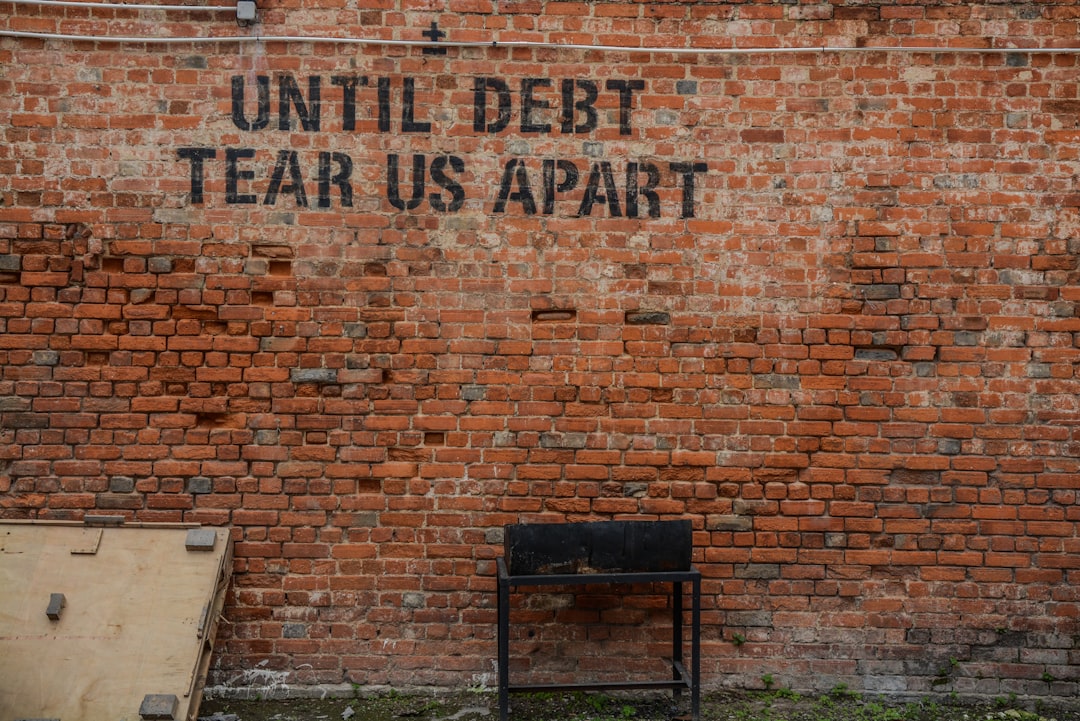A 10k Debt Consolidation Loan can simplify repayment by merging high-interest debts into one lower-rate loan, saving on fees and reducing default risk. Choices between secured (using assets as collateral) and unsecured (no collateral) options hinge on creditworthiness and available assets. Secured loans offer lower rates but asset forfeiture risk; unsecured loans are flexible but have higher rates and tighter credit checks. Weighing these factors helps individuals choose the best consolidation method for their financial situation, whether aiming for stability or flexibility.
In today’s financial landscape, managing multiple debts can feel like navigating a labyrinth. Understanding debt consolidation loans offers a potential solution, simplifying repayment and potentially lowering interest rates. This comprehensive guide explores two primary options: secured and unsecured debt consolidation loans. For those seeking a 10K debt consolidation loan, we delve into the advantages of each, factoring in creditworthiness, urgency, and long-term financial goals. By the end, you’ll be equipped to make an informed decision tailored to your unique circumstances.
- Understanding Debt Consolidation Loans: A Comprehensive Overview
- Secured Debt Consolidation: What It Entails and Its Benefits
- Unsecured 10K Debt Consolidation Loan: Exploring the Options
- Factors to Consider When Choosing Between Secured and Unsecured Loans
- Real-World Scenarios: When is Each Type of Loan Preferable?
Understanding Debt Consolidation Loans: A Comprehensive Overview

Debt consolidation loans are a popular tool for managing multiple debts. They work by combining several high-interest loans into a single, lower-interest loan, making repayment simpler and more affordable. This strategy can significantly reduce monthly payments and the overall cost of borrowing. For instance, securing a 10k debt consolidation loan can streamline repayment from various creditors down to one manageable payment.
Understanding the mechanics behind these loans is crucial. Debt consolidation options are typically classified as secured or unsecured. Secured loans use an asset—like a car or home—as collateral, offering potentially lower interest rates but carrying the risk of asset loss if repayments default. Unsecured loans, on the other hand, carry higher interest rates as they pose no such collateral risk but may require stricter creditworthiness to qualify. A 10k debt consolidation loan example illustrates this balance: unsecured options might have slightly higher rates but could be more accessible while secured variants offer lower rates but demand asset-based security.
Secured Debt Consolidation: What It Entails and Its Benefits

Secured debt consolidation involves using an asset, typically a home or vehicle, as collateral for a loan aimed at paying off multiple high-interest debts. This approach offers several significant benefits. For one, it allows borrowers to consolidate their debts into a single, more manageable payment with a lower interest rate, saving them money on fees and avoiding the risk of defaulting on individual debts.
Additionally, a 10k debt consolidation loan, for instance, can provide borrowers with a clear path to financial stability by simplifying their payments and potentially freeing up cash flow. This can be particularly beneficial for those struggling with credit card debt or other high-interest loans, as it offers a chance to pay off these debts more efficiently and reduce the overall financial burden.
Unsecured 10K Debt Consolidation Loan: Exploring the Options

When considering a 10K debt consolidation loan, it’s crucial to understand the unsecured option as a viable path to financial relief. Unsecured loans aren’t backed by collateral, meaning no assets are at risk if you fail to repay. This type of loan is ideal for those looking to simplify multiple debts into one manageable payment with lower interest rates. It’s an attractive choice for many since it provides flexibility and the potential to save on overall debt repayment costs.
Exploring unsecured 10K debt consolidation loans allows individuals to evaluate their financial situation without the added stress of asset exposure. Lenders assess your creditworthiness, income, and debt-to-income ratio to determine approval amounts and interest rates. With careful consideration and responsible borrowing practices, this option can offer a clearer financial future, making it an essential part of any debt management strategy.
Factors to Consider When Choosing Between Secured and Unsecured Loans

When deciding between secured and unsecured debt consolidation loans, several key factors come into play. Understanding your financial situation, including your credit score and existing debts, is essential in making an informed choice. Secured loans, often requiring collateral like a car or home, typically offer lower interest rates but carry the risk of losing the asset if repayment fails. In contrast, unsecured loans provide greater flexibility as they don’t require collateral, but they usually come with higher interest rates and may be subject to stricter credit checks.
For instance, when considering a 10k debt consolidation loan, secured options might appear more appealing due to potentially lower monthly payments and overall savings on interest. However, if your financial stability is fragile or you lack significant assets to use as collateral, unsecured loans could be the safer bet, despite slightly higher costs. Weighing these factors will help guide your decision towards the debt consolidation method that aligns best with your unique circumstances.
Real-World Scenarios: When is Each Type of Loan Preferable?

In real-world scenarios, the choice between secured and unsecured debt consolidation loans depends on your financial situation and goals. If you’re looking to borrow a substantial amount, like a 10k Debt Consolidation Loan, secured loans might be preferable. These loans are backed by collateral, typically your home or vehicle, which can result in lower interest rates and more favorable repayment terms. This makes them an attractive option for borrowers with good credit who want to consolidate high-interest debts, such as credit cards, into a single, manageable payment.
On the other hand, unsecured loans are ideal when you have limited assets to use as collateral or prefer not to risk them. These loans don’t require collateral and usually come with higher interest rates compared to secured loans. However, they offer greater flexibility in terms of repayment and do not put your assets at risk. Unsecured debt consolidation loans are suitable for those with less-than-perfect credit or those who want a quicker, simpler borrowing process. They can also be a good fit for consolidating smaller debt amounts, as the overall interest savings might not justify the collateral requirements of a secured loan in this case.
When deciding between secured and unsecured debt consolidation loans, understanding your financial situation and goals is key. Secured loans, backed by collateral, offer lower interest rates but carry risk. Unsecured 10K debt consolidation loans provide flexibility without collateral, ideal for those seeking swift relief from high-interest debts. The choice depends on your creditworthiness and willingness to accept potential risks. Evaluating your needs and comparing loan terms will help you make an informed decision, ensuring the best fit for achieving financial stability.
